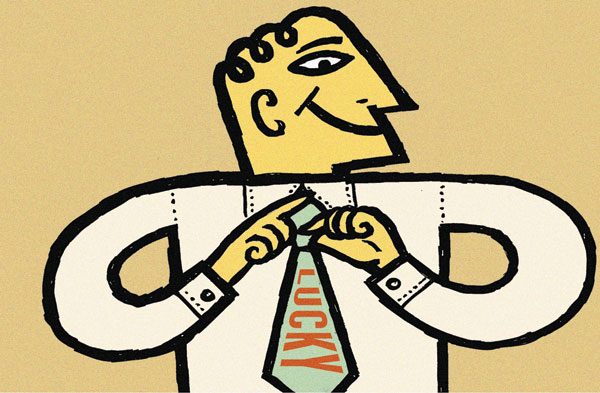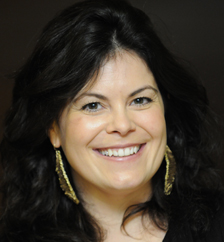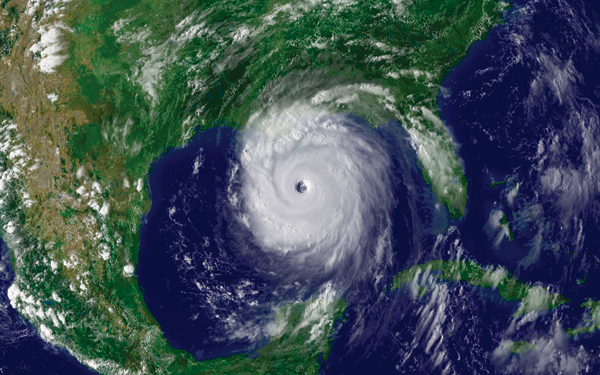


Selected Faculty Research
Kris Hoang’s paper “How Do Regulatory Reforms to Enhance Auditor Independence Work in Practice?” has been accepted for publication in Contemporary Accounting Research.

The high cost of high-frequency trading
The origin of the so-called Flash Crash remains a mystery, but David Lesmond, associate professor of finance, has a strong suspicion of the underlying cause: high-frequency trading.

Consumers judge risk of illness by the cost of the cure
When it comes to calculating their odds of catching the flu, consumers look to an unlikely gauge—the price of the flu shot—to measure their risk, according to a new study co-authored by an A. B. Freeman School of Business researcher.

Selected Faculty Presentations, Honors, Etc.
Jasmijn Bol, PricewaterhouseCoopers, LLP Faculty Fellow in Accounting and associate professor of accounting, presented her research at three recent conferences.

Perspective: Weathering the Storm
Working with family-owned firms in New Orleans over the past few years, I started hearing stories about the days, months and years after Katrina and how these firms maintained continuity and restructured in response to the disaster. These stories differed significantly from those I heard from non-family firms, and they led me to conduct a formal academic study comparing the two groups.

